Nutrition plays a crucial role in athletic performance, whether you are a professional athlete or just a physically active person. A carefully planned sports nutrition plan is essential for improving performance, aiding recovery, and maintaining overall fitness. This guide will provide valuable information and tips for students looking to optimize their athletic performance through proper nutrition.
Juggling academic responsibilities and sports commitments can be difficult, but careful planning and support can be possible. It is essential to prioritize physical wellness through sports nutrition and academic success. Seek assistance when feeling overwhelmed, such as hiring a professional essay writer from EssayHub to help with academic projects.
Understanding Sports Nutrition
Sports nutrition is a specific area of diet science that aims to improve athletic performance, support physical activity, and aid in recovery. It combines traditional dietary advice with specialized knowledge tailored to different sports.
Although traditional nutrition principles are important in sports nutrition, other elements are specifically related to athletic performance. These include carefully timing nutrients, deliberate intake of macronutrients and micronutrients, and knowledge of the unique nutritional needs of different sports and exercise routines.
Understanding the principles of sports nutrition is crucial in maximizing your athletic performance. It impacts your energy levels, recovery time, and overall health while influencing muscle growth, body composition, and metabolism. Sports nutrition can be customized to fit your needs, goals, sports, and training plan. You can significantly improve your performance and gain a competitive advantage by implementing proper sports nutrition techniques.
Importance of Macronutrients
Carbohydrates, proteins, and fats are essential to sports nutrition and are key to athletic performance. Understanding the unique roles of the three macronutrients is essential for improving an athlete’s performance. By understanding how they affect the body, you can tailor your nutrition plan to meet your goals better. The proportions in which these nutrients are consumed can also impact your energy levels, body composition, and muscle recovery and growth. Therefore, ensuring a balanced intake of macronutrients is crucial in sports nutrition.
Carbohydrates: Fueling Your Performance
Carbohydrates are the main energy source for most types of physical activity, fueling intense workouts. Consuming enough carbohydrates can help prevent fatigue and improve performance.
When you consume carbohydrates, they are transformed into glucose by your body and stored as glycogen in your muscles and liver. Your muscles then use this glycogen for energy during physical activity. Carbohydrates become even more crucial during intense exercise as they offer a quick energy source. Therefore, athletes or those with an active lifestyle may experience decreased energy levels, decreased performance, and slower recovery if their diet lacks adequate carbohydrates.
Proteins: Building and Repairing Muscles
Proteins are essential for the growth and repair of muscles, especially after exercising. Consuming enough protein helps with recovery and adjustment to training, ultimately improving your performance.
Protein is essential for athletes and active individuals as it is vital for building muscles. After working out, proteins help build muscle proteins and help recover and adapt to exercise. Additionally, protein is also helpful in preventing muscle damage during endurance exercises and supporting immune function, which may be affected by rigorous training routines.
Fats: Supporting Energy and Health
Healthy fats, especially unsaturated fats, are necessary for maintaining good health. They aid in energy production, cognitive function, hormone regulation, and the absorption of nutrients. Fats are crucial for providing energy during lower to moderate-intensity workouts. They are also needed to absorb important fat-soluble vitamins like A, D, E, and K, supporting overall health and performance. Additionally, fats are essential for maintaining cell structure and supplying important fatty acids that the body cannot produce independently.
Hydration and Electrolytes
Proper hydration is just as important as getting the right nutrients in sports nutrition. Water and electrolytes like sodium and potassium are essential for maintaining hydration and should be replenished during and after exercise.
Maintaining proper hydration is important not only for athletic performance but also for general health. Dehydration can negatively impact physical and cognitive abilities, decreasing focus, coordination, and stamina. On the other hand, electrolytes are vital for balancing fluids, nerve function, and muscle movement. Therefore, replenishing electrolytes during and after physical activity is as important as drinking water.
Timing Your Nutrition
Timing nutrient intake strategically can enhance performance during exercise and recovery afterward. Consuming a mix of carbohydrates and protein before and after working out can fuel your body for the workout and help with muscle recovery and growth.
Timing of nutrient consumption goes beyond just the type of food you eat—it also includes when you eat. Having the right nutrients at specific times, particularly before and after workouts, can enhance athletic performance and aid recovery. After exercising, your muscles are ready to absorb nutrients that can help repair and grow muscle tissue and replenish energy stores, making it beneficial to consume a meal high in carbs and proteins during this time.
Eating a Well-Rounded Diet on a Limited Student Budget
Healthy eating doesn’t need to cost a fortune. Here are some affordable suggestions.
- Opt for whole foods over processed ones
- Buy in bulk and cook in batches
- Choose local and seasonal produce
- Plan your meals to minimize waste
Maintaining a healthy diet while on a student budget may be difficult, but it is achievable with careful planning and smart shopping tactics. Try incorporating alternative protein sources, like legumes and tofu, which are often more affordable than meat. Additionally, consider shopping at local farmer’s markets for cheaper and fresher produce. Lastly, get creative with your cooking to maximize the value of cost-effective and nutritious ingredients.
Conclusion
Having a good grasp on sports nutrition can greatly improve how well you perform in sports and your recovery afterward. It is crucial not to ignore your academic responsibilities while prioritizing sports. For students having trouble juggling their academic studies and sports commitments, utilizing reputable research paper writing services can be extremely helpful in maintaining a balance between both areas.

